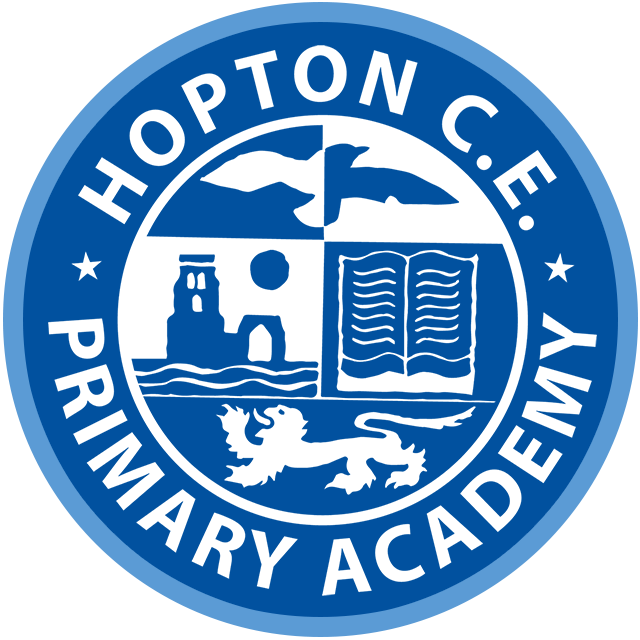
School Vision For Computing
“The computer does not perform without the control of the human mind.”
Alan Cooper.
Our vision is to embed computing in as many learning opportunities as possible. This will provide our children with the concrete experiences of when and how they can use digital media in different aspects of their lives. Through stimulating and challenging experiences children will continue to develop their love for learning and become confident and independent users of a range of software and hardware.
In the ever-changing digital world, we aim to provide all children with not only the skills to use the technology which exists today but also the lifelong thinking skills and passion to continue to develop their love for computing through secondary school and beyond.
At Hopton we promote digital citizenship through modelling how social media should be used responsibly with a strong focus on creating a good digital footprint.
Our Aims For Computing
Our aims are to develop children who can:
- design, write and debug programs that accomplish specific goals, including controlling or simulating physical systems; solve problems by decomposing them into smaller parts.
- use sequence, selection, and repetition in programs, work with variables and various forms of input and output.
- use logical reasoning to explain how some simple algorithms work and to detect and correct errors in algorithms and programs.
- understand computer networks including the internet; how they can provide multiple services, such as the world wide web; and the opportunities they offer for communication and collaboration.
- use search technologies effectively, appreciate how results are selected and ranked, and be discerning in evaluating digital content.
- select, use and combine a variety of software (including internet services) on a range of digital devices to design and create a range of programs, systems and content that accomplish given goals, including collecting, analysing, evaluating and presenting data and information.
- use technology safely, respectfully and responsibly; recognise acceptable/unacceptable behaviour; identify a range of ways to report concerns about content and contact.
Spiritual Development In Computing
Computing provides opportunities for reflection of awe and wonder about the achievements in ICT today and the possibilities for the future. The wonder of technology: Children gain a sense of enjoyment and fascination in learning about the world around them. However, they are also exposed to the limitations and abuse of the internet where they question and justify the aims, values and principles of their own and others’ belief systems.
Safer Internet Day
Parent Info – Help and advice for families in a digital world. Parent Info is a collaboration between Parent Zone and NCA-CEOP, providing support and guidance for parents from leading experts and organisations.
Thinkuknow – Thinkuknow is the education programme from NCA-CEOP, a UK organisation which protects children both online and offline. Targeted at both children and adults.
Childnet International – Thinkuknow is the education programme from NCA-CEOP, a UK organisation which protects children both online and offline. Targeted at both children and adults.
CBBC Stay Safe – A child friendly site that targets our young people in a friendly, yet informative way.
Google Be Internet Legends – A fantastic resource for all the family. It provides information and tips, as well as games linked to e-safety for children of all ages to play.



